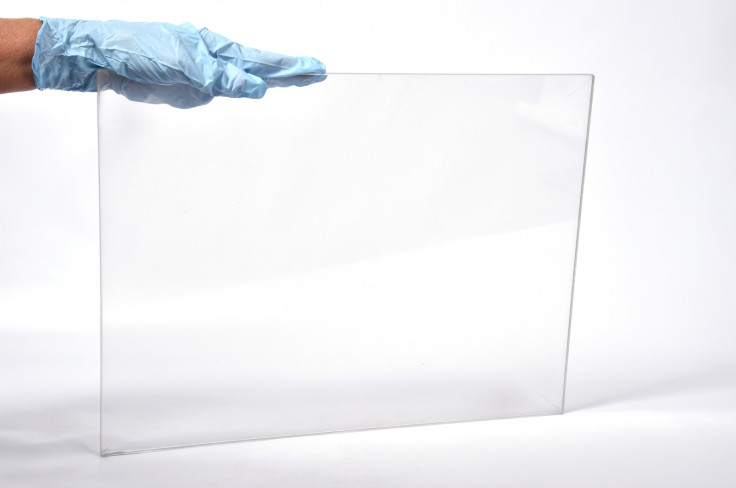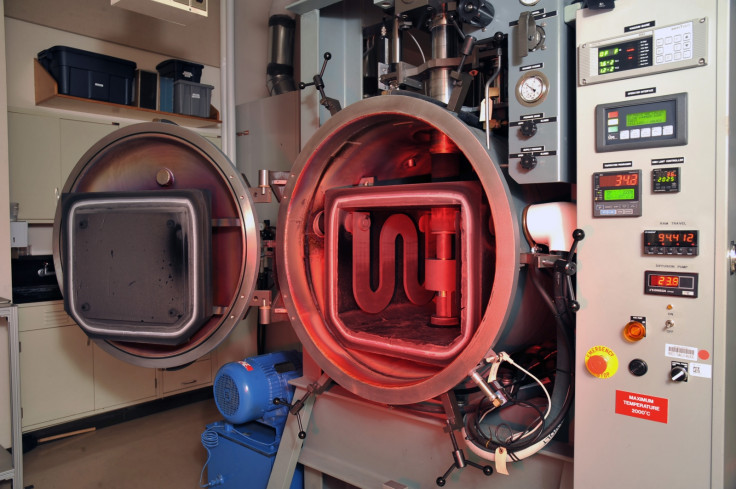US Navy invents bulletproof glass from clay that could revolutionise screens and lenses

The US Navy has invented a type of transparent material that is far more durable than glass and could revolutionise smartphone screens, laptop screens and camera lenses to make them more rugged.
The material, known as Spinel, is made from a special type of synthetic powdered clay and is bulletproof. The US Naval Research Laboratory (NRL) has been researching it for the past 10 years.
"Spinel is actually a mineral, it's magnesium aluminate," said Dr Jas Sanghera, who led the research. "The advantage is it's so much tougher, stronger, harder than glass. It provides better protection in more hostile environments — so it can withstand sand and rain erosion."
Spinel can also be moulded into virtually any shape you like and unlike conventional bulletproof glass, which is created by combining alternate layers of plastic sheeting and glass together, Spinel does not block the infrared wavelength of light.
This means the material is suitable for use on camera lenses, for example, a camera carried by an unmanned aerial vehicle (UAV), as well as smartphone screens or even for head-mounted face shields.

NRL developed a new technique for making transparent Spinel using a process called sintering, which is commonly used in 3D printing, whereby a layer of crystal particles are pressed together. Since this is different from the way glass is made, if the Spinel is subjected to damage, it will only chip, as the crack is deflected by the hard crystals in the material.
The researchers found a press was more effective than using a crucible, as when materials are melted at a very high temperature to create the crystals, the molten material reacts with the crucible, causing materials with a large amount of defects.
The researchers hope the material can be applied to protect naval technology, such as the windows on its laser weapons, like its portable anti-drone laser system. Spinel would also work well as a transparent armour for military vehicles and even as a protection for sensors on space satellites.
The technology has been licensed to a company that has been able to make Spinel in larger quantities to suit any application and the NRL now plans to share its production method with the rest of the US defence industry.
"You could leave these out there for longer periods of time, go into environments that are harsher than what they're encountering now, and enable more capabilities," said Sanghera. "It's a game-changing technology."
© Copyright IBTimes 2025. All rights reserved.





















